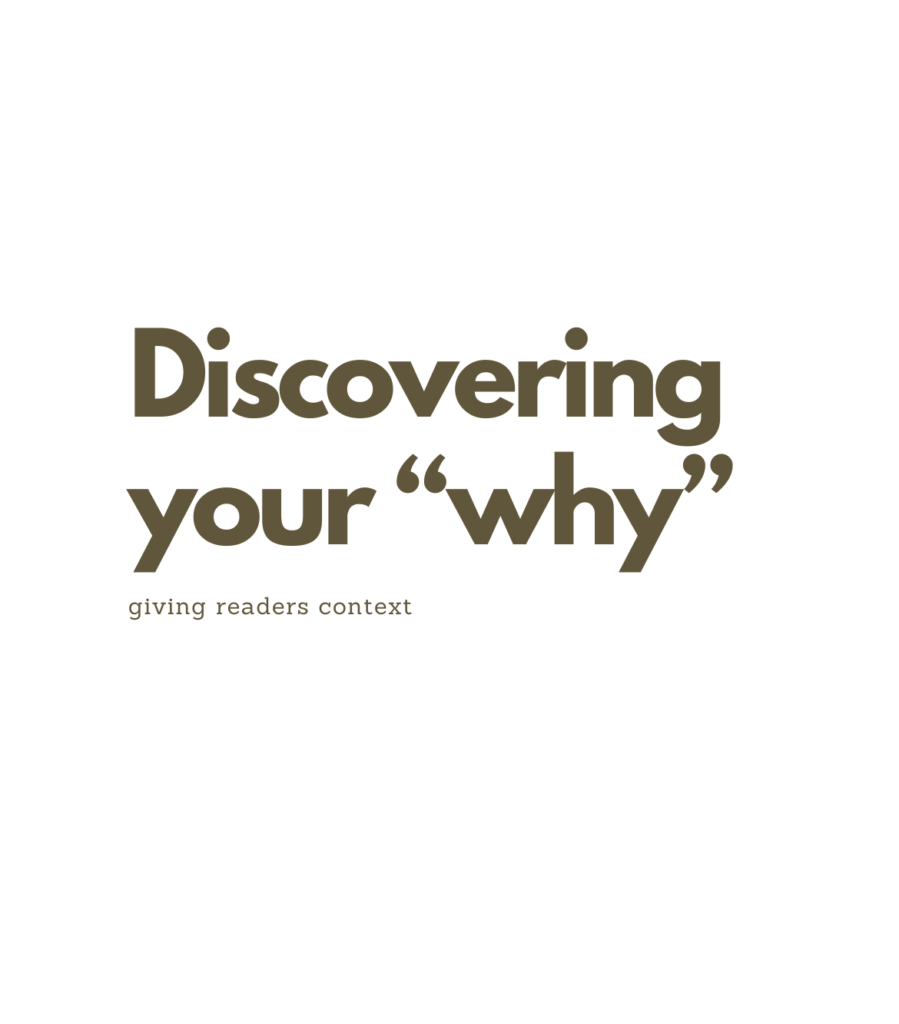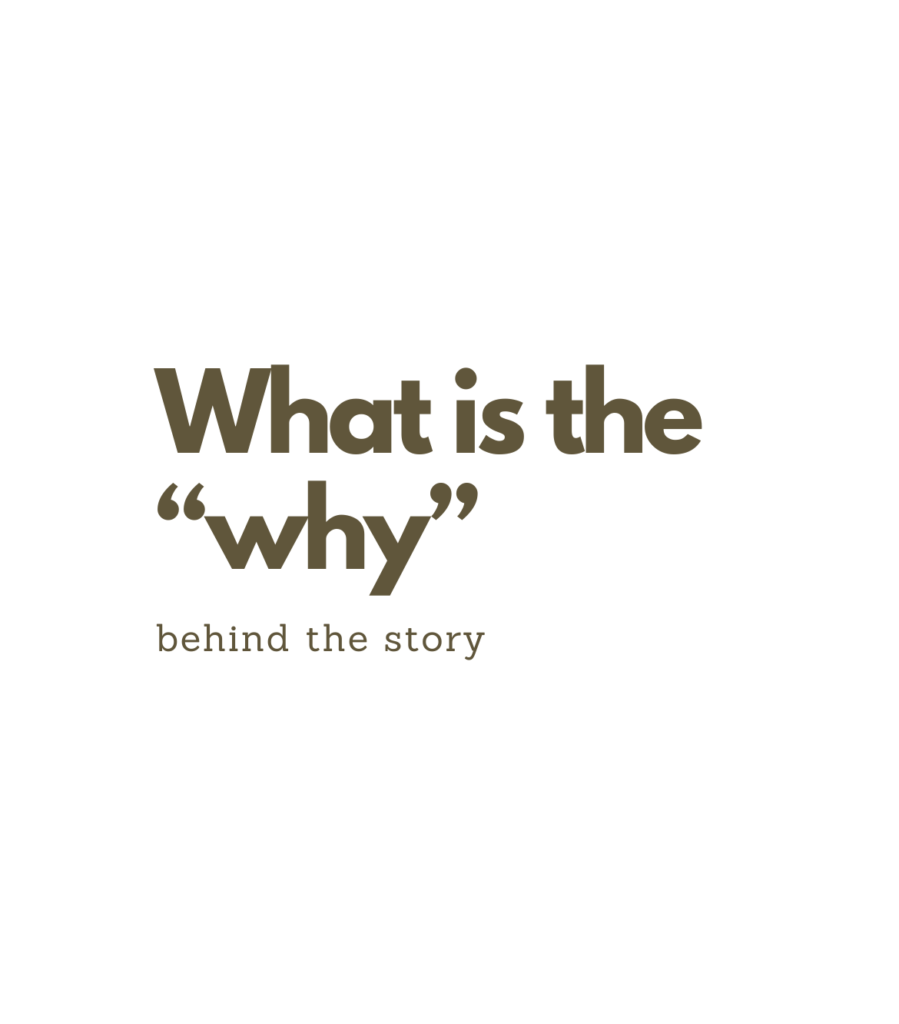United House Publishing Team

Today on the blog, we will be discussing the “why” behind our stories. We’ve got 2 goals: writing consistently and determining your central topic. Do you notice a common theme in your writing? You should be able to start dividing your writing into different sections. Some of what you have written could be a chapter for your book. It’s possible those words weren’t penned for anyone but yourself. But, if you are feeling led to share a message with the world, you should begin considering:
What is the most important thing I want my readers to take away from my book?
The answer to this question is “why” you are writing. Keep that purpose in mind as you pen every chapter. Think, “Does this bring the reader one step closer to achieving my goal?”
Knowing our “why” allows us to be laser-focused on writing content that accomplishes our objective. It keeps us from straying off topic or writing sporadically. There should be nothing random about our book. If we want people to take us seriously, then we need to operate with excellence, by really thinking through our purpose and sticking to releasing content that achieves our goal.
If you are working on a book, as you discover your “why,” it is time to put into words a clear mission statement. HERE is an article on developing a solid mission statement for your book and why it is important to have one.

- What is the “why” behind the story I am sharing?
- How can I bring my readers into the story without losing focus?
- Writing a clear elevator pitch on “why” behind the book helps give a clear direction of the writing you are trying to convey.
- Give readers a reminder of “why” they picked up this book to read it
Showing readers the “why” behind your books makes them want to come back to read it again. This helps the message of your book become a timeless piece of writing that is impactful and moving.
Readers need a clear “why” you are writing and what it means. They want to be invited into the story so they can relate to it. Whether you are writing fiction or nonfiction your readers must see the vision of where you are taking them.
When readers have a clear “why” behind the story they have enough context to not read unnecessary things into the story being read.
Leave a Reply